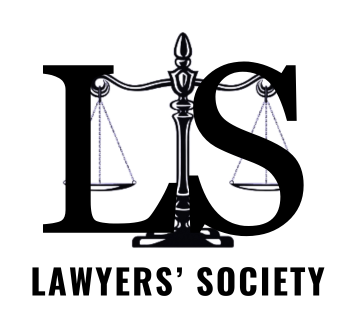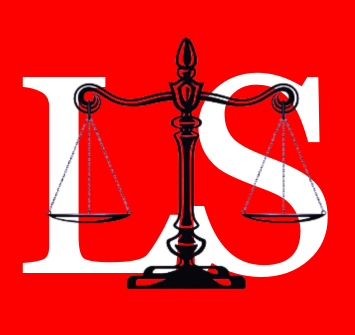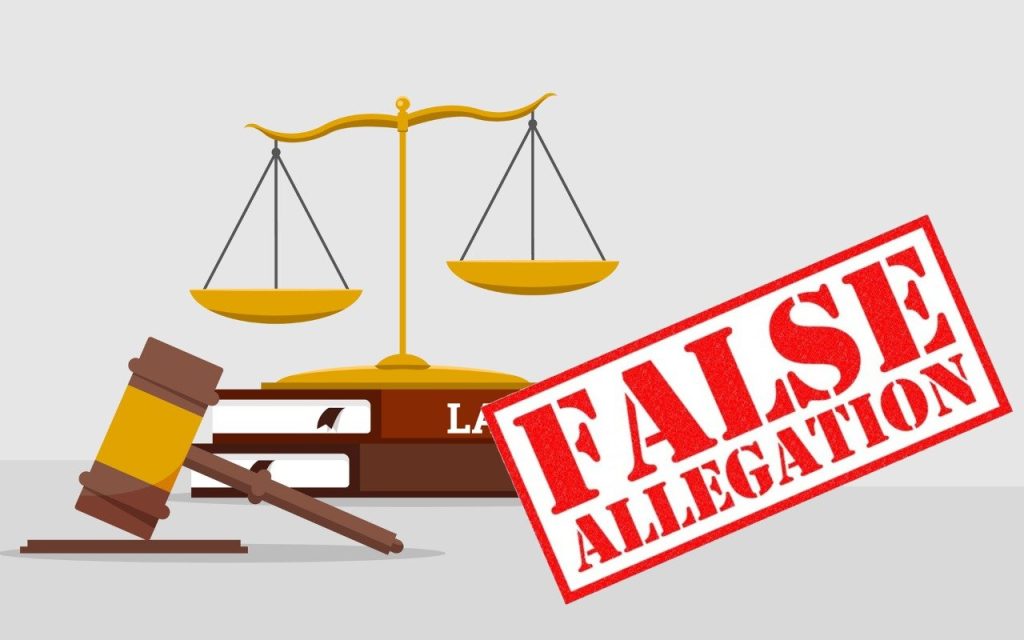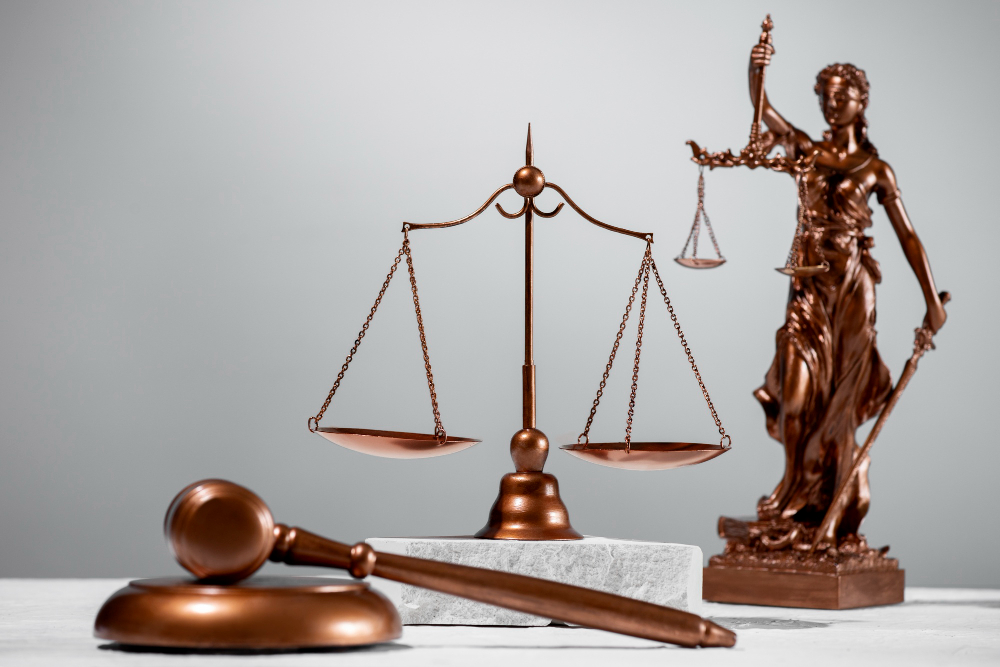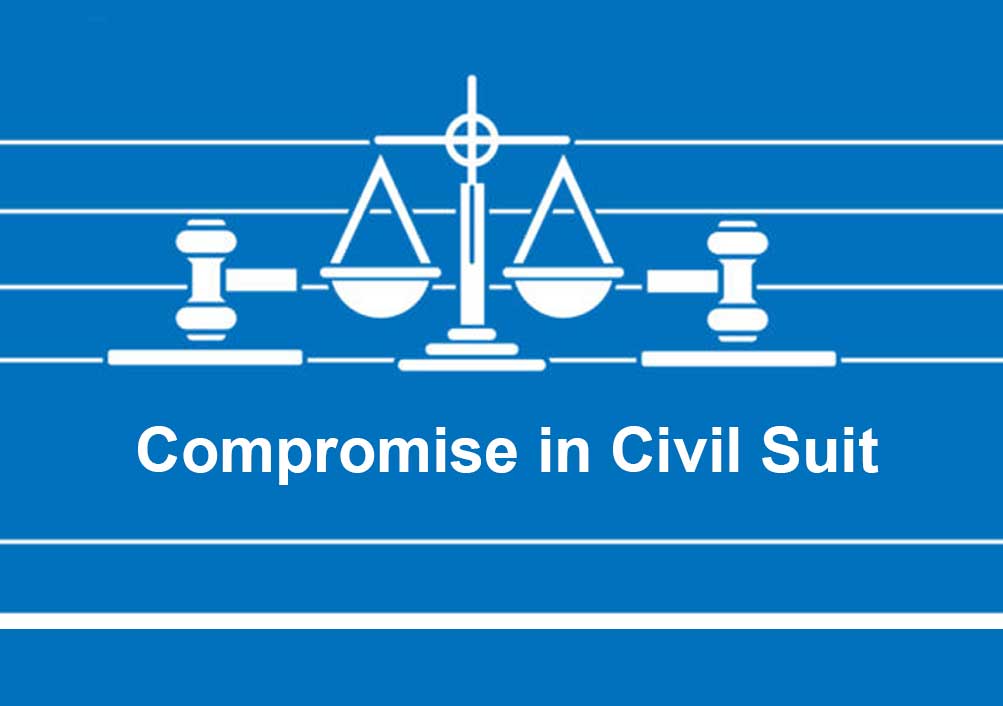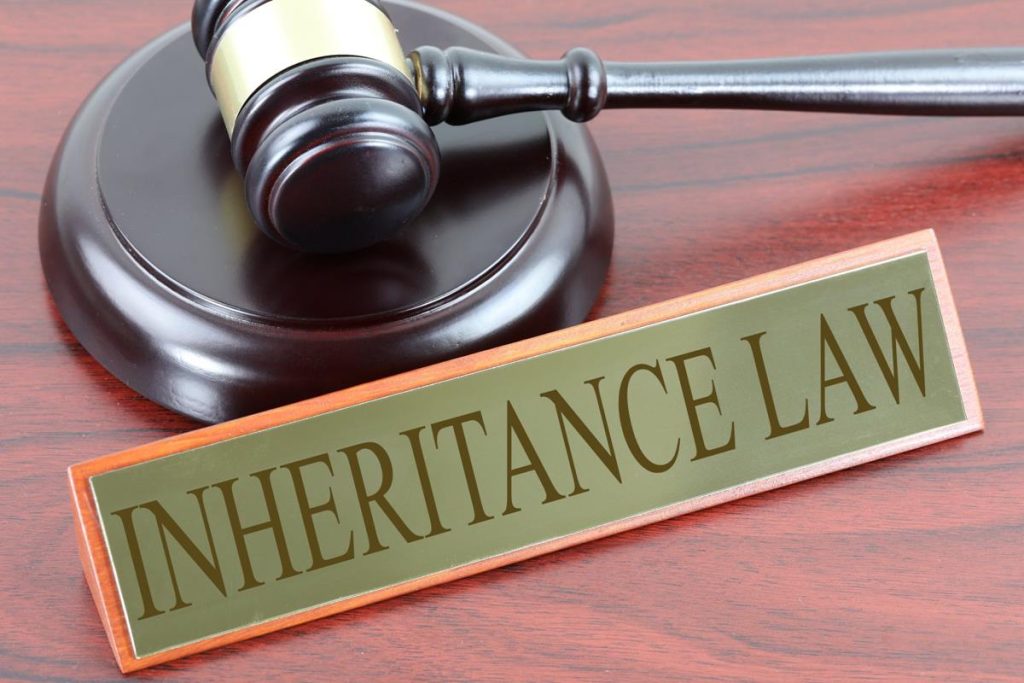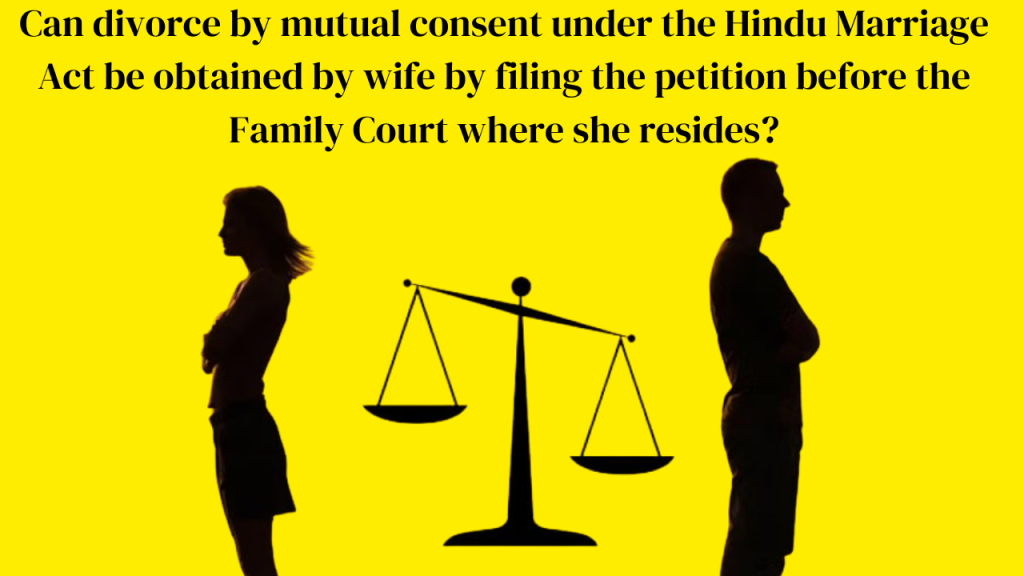The Hon’ble SC has held that the refusal to return the case files to the client when he demanded the same amounts to misconduct under Section 35 of the Advocates Act, 1961 (R.D. Saxena v. Balaram Prasad Sharma (AIR 2000 SC 2912)). In R.D. Saxena (supra), it was held that,
“15. A litigant must have the freedom to change his advocate when he feels that the advocate engaged by him is not capable of espousing his cause efficiently or that his conduct is prejudicial to the interest involved in the lis, or for any other reason. For whatever reason, if a client does not want to continue the engagement of a particular advocate it would be a professional requirement consistent with the dignity of the profession that he should return the brief to the client. It is time to hold that such obligation is not only a legal duty but a moral imperative…
17. If a party terminates the engagement of an advocate before the culmination of the proceedings that party must have the entire file with him to engage another advocate. But if the advocate who is changed midway adopts the stand that he would not return the file until the fees claimed by him is paid, the situation perhaps may turn to dangerous proportion. There may be cases when a party has no resource to pay the huge amount claimed by the advocate as his remuneration. A party in a litigation may have a version that he has already paid the legitimate fee to the advocate. At any rate if the litigation is pending the party has the right to get the papers from the advocate whom he has changed so that the new counsel can be briefed by him effectively. In either case it is impermissible for the erstwhile counsel to retain the case bundle on the premise that fees is yet to be paid.
18. Even if there is no lien on the litigation papers of his client an advocate is not without remedies to realise the fee which he is legitimately entitled to. But if he has a duty to return the files to his client on being discharged the litigant too has a right to have the files returned to him, more so when the remaining part of the lis has to be fought in the court. This right of the litigant is to be read as the corresponding counterpart of the professional duty of the advocate….
23. We, therefore, hold that the refusal to return the files to the client when he demanded the same amounted to misconduct under Section 35 of the Act. Hence, the appellant in the present case is liable to punishment for such misconduct.” (Emphasis supplied)
The decision in R.D. Saxena (supra) was followed in New India Assurance Co. v. A.K. Saxena (AIR 2004 SC 311). In both these cases, it has been said that if a client has not paid the agreed fee to the advocate, the advocate has to recover such amount only through appropriate proceedings, and cannot retain the case files.
In Shri C.V. Sudhindra & Ors. v. M/s. Divine Light School for Blind & Ors. [ILR 2008 KAR 3983], a Division Bench of the Karnataka HC had held that the contract of vakalath can be withdrawn at any time. It was observed that,
“7. We are therefore of the considered opinion that the contract of vakalathnama can be withdrawn by the client at any time. There is nothing known as irrevocable vakalathnama. Precisely the same right has been exercised by respondent No.1 herein (defendant No.7 in the suit) who had earlier engaged the petitioners on their behalf as Advocates to represent them..
8. ..if the Advocate feels that he has any genuine claim or grievance against his client, the appropriate course is to return the brief with endorsement of no objection and agitate such right in an appropriate forum, in accordance with law and not indulge in arm twisting methods by holding on to the brief.” (Emphasis supplied)
Following R.D. Saxena (supra) and Shri C.V. Sudhindra (supra), another Division Bench of the Karnataka HC in the case of Karnataka Power Transmission Corporation Limited v. M. Rajashekar (MFA No. 6526/ 2013, Dt. 02.12.2016), it was held that,
“6. As could be seen from the observations made in the two decisions extracted above, a party to a litigation has an absolute right to appoint an advocate of his choice, to terminate his services, and to appoint a new advocate. A party has the freedom to change his advocate any time and for whatever reason. However, fairness demands that the party should inform his advocate already on record, though this is not a condition precedent to appoint a new advocate.
7. ..Under no circumstance, a party can be denied of his right to appoint a new advocate of his choice. Therefore, it follows that any rule or law imposing restriction on the said right can ’t be construed as mandatory. Accordingly, Courts, Tribunals or other authorities shall not ask for ‘no objection’ of the advocate already on record, to accept the vakalatnama filed by a new advocate.
8. As observed in the decisions referred to above, if an Advocate is discharged by his client and if he has any genuine claim against his client relating to the fee payable to him, the appropriate course for him is to return the brief and to agitate his claim in an appropriate forum, in accordance with law.
9. As stated above, under no circumstance, a party can be denied of his right to appoint a new advocate of his choice. The right is absolute and not conditional. Hence, the objection raised by the Registry on the vakalatnama is overruled. Hereafter, the Registry shall not ask for ‘ no objection ’ of the advocate already on record, to accept the vakalatnama filed by a new Advocate.” (Emphasis supplied)
As can be seen from the above observations, a Court cannot reject a new vakalath filed by a party merely because a “NOC” has not been obtained from the former advocate.
Follow Lawyers’ Society on Youtube and join interesting legal discussions with the Author.
Similar observations were made in judgments rendered by various other High Courts. The Madras HC in A.Rajendran v. Arulanthasamy Nadar (C.R.P. (NPD)(MD) No. 1141/ 2013, Dt. 20.11.2020) relied on both R.D. Saxena (supra) and A.K. Saxena (supra), to hold that,
“12.Undoubtedly, an Advocate is given the privilege of audience by the Court and as such, he is an officer of the Court. He is at liberty and is indeed entitled to follow his profession, but that does not mean, in following his profession, he is not subject to the rules of professional etiquette or conduct and professional ethics or he can disobey the rules of conduct framed by the Courts, whose officers he claims to be. Thus, it is manifest that the Advocate is entitled to charge his fees, However, he cannot insist his client to pay his fees by retaining the papers even when his client wants to discharge him.” (Emphasis supplied)
KEY POINT:
If one reads the above judgments carefully, they all use the word ‘discharge’ which refers to the client discharging his present counsel. This is essential and without discharging/terminating the services of his present counsel, he cannot appoint a new counsel and expect the same to be taken on record. This was observed by a Division Bench of the Karnataka High Court in the case of Smt. Bhagya v. Smt. Jayalakshmi (Regular F.A. No. 831/ 2013 (SP), Dt. 13.02.2019).
To conclude, it can be seen that a client does not need to inform his advocate to engage a new advocate. In case he chooses to give vakalath to another advocate, the same cannot be rejected by the Registry of a Court for want of NOC from the first advocate, if the first advocate has been discharged by service of termination notice. Incase the first advocate does not return the case files, the client can initiate a Writ proceeding, or a complaint before the concerned Bar Council alleging misconduct by the first advocate. A complaint u/s 35 of the Advocates Act may be made before the State Bar Council for this purpose. The first advocate can recover his fee amount by approaching the appropriate forum, but cannot retain the case files.
Views are personal. Contact for personal assistance.
